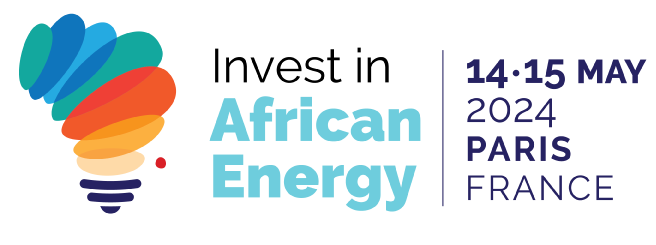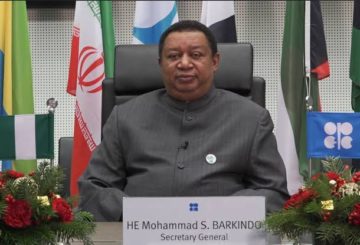Participants at a global conference focused on reducing the world’s energy use are calling for universal access to clean cooking through government incentives and subsidies, aimed at unlocking more private sector funds.

The Paris-based International Energy Agency’s (IEA) 9th annual conference on energy efficiency gathered ministers, CEOs, and thought leaders from around the world to discuss how to accelerate progress on energy efficiency. Experts assert that enhancing energy efficiency can significantly reduce planet-warming emissions. A key topic at the conference was how to provide affordable clean cooking solutions, such as using electricity and solar energy, to replace more polluting fuels like charcoal, wood, and kerosene.
Brian Motherway, head of IEA’s office of energy efficiency and inclusive transitions, emphasized that the practical barriers to energy efficiency often revolve around the need for upfront investment. He highlighted that coordinated government policies are crucial for unlocking the necessary finance, enabling businesses and consumers to take the required actions to lower their energy bills.
Rashid Abdallah, executive director of the Africa Energy Commission, stressed the importance of including clean cooking in any energy policy or socio-economic development plan.
Currently, around 2.3 billion people globally rely on solid biomass fuels, such as wood and charcoal, and kerosene for cooking. In Asia, 1.2 billion people lack access to clean cooking facilities, while in Africa, more than 900 million people use biomass as their primary energy source. These traditional energy sources release harmful toxic fumes and smoke, leading to serious health issues, including respiratory illnesses and premature deaths, and contributing to climate change.
Household air pollution from dirty fuels has been linked to various health problems, including diabetes and adverse pregnancy outcomes such as stillbirth and low birth weight. Cleaner alternatives, like electric and ethanol cookers, offer a solution by emitting fewer pollutants.
Despite the high prices of clean cooking technologies posing a barrier, there are positive trends in the sector. Investment in clean cooking enterprises surged to a record $215 million in 2022. Additionally, the number of clean cooking enterprises with revenues exceeding $1 million grew to 11 in the same year, according to a report by the Clean Cooking Alliance.
However, a significant capital gap remains in achieving universal access to clean cooking by 2030. The IEA estimates that $8 billion is needed annually for investments in clean cooking stoves, equipment, and infrastructure to meet this goal.
Indonesia serves as a successful example of scaling up affordable, high-quality clean cooking. Beginning in 2007, the Indonesian government implemented a program to transition its primary cooking fuel from kerosene to LPG. As a result, the proportion of the population with access to clean cooking doubled from 40% in 2010 to 80% in 2018. Effective regulation and incentives have been key to this program’s success.





